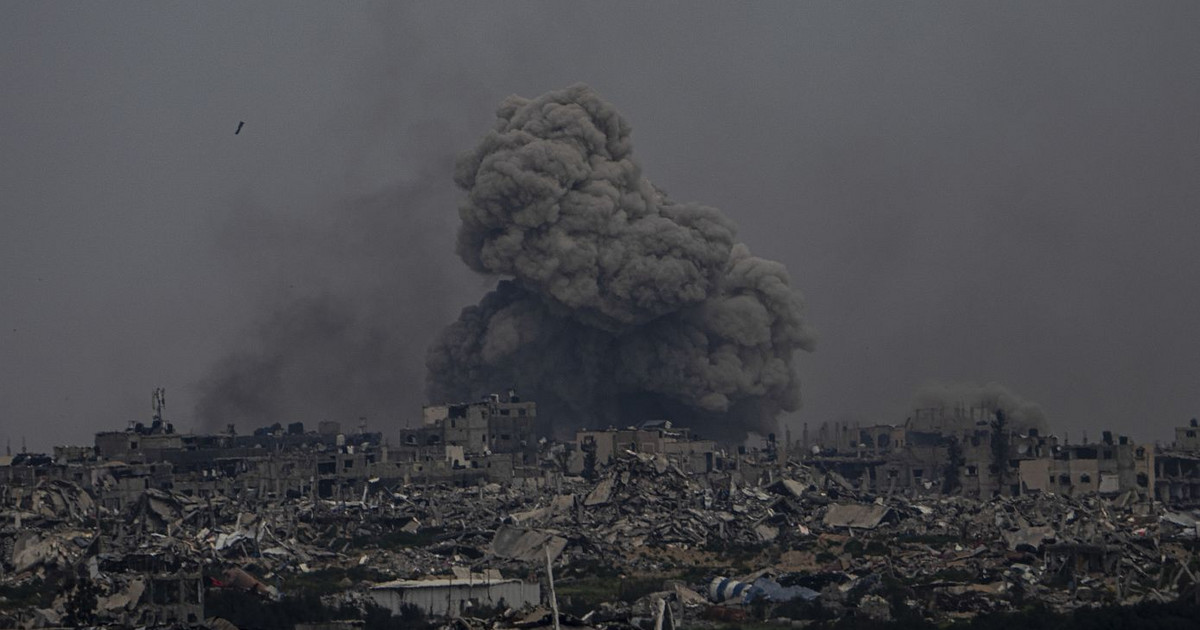THE Officially, the Independent National Electoral Commission (CNEI) affirms that the early vote of the defense and security forces on Wednesday March 17 aims to “save time” and allow “the gendarmes and police officers to deal exclusively with the security of the vote on polling day ”. This is the first time that they have voted in advance for the presidential election to be held on March 21 in Congo-Brazzaville, AFP journalists found in Dolisie in the south of the country. The third city of the country, where the second military zone of defense of the Republic of Congo is located, shelters the only office opened in advance for the presidential one which opposes the outgoing president Denis Sassou-Nguesso, 77 years, including 36 cumulative in power, with 6 other candidates.
In practice, there are a total of 1,203 registered who must perform their civic duty between 7 am and 5 pm (6 am to 4 pm GMT).
Secure the electoral process
“This early vote of the public force is a first experiment that we are trying. Elsewhere, in other African countries, this vote already exists. With us, it is the law that requires it, ”Henri Bouka, president of the Independent National Electoral Commission (CNEI), told AFP.
At the beginning of January, Major General Guy Blanchard Okoï declared: “The President of the Republic, Head of State, Supreme Chief of the Armed Forces, wants these elections to take place in peace, security and serenity. Our challenge is there. Voting is a civic act of the citizen. We must consecrate it ourselves. ”
Controversy as the Church loses its observer status
Almost all of the opposition parties criticized this early vote. They see it rather as a desire to defraud in favor of the majority candidate. “This vote is problematic when we know that the military have always voted together with the civilians. How will it be secure? »Reacted to AFP Franck Nzila Malembé, a human rights activist.
To ensure the smooth running of the presidential election, observers have already arrived on site, notably from member countries of the International Conference for the Great Lakes Region (ICGLR). Flat, the Ministry of the Interior prohibited the Catholic Church from observing the election, while 4,000 of its observers had already been trained to be deployed throughout the country. Three weeks ago, the Episcopal Conference had serious reservations about the organization of this election, its credibility, its transparency, etc. Many analysts see it as a cause and effect link. Never mind according to the CNEI, the results of the vote of the public force will be counted and compiled at the same time as those of the general election of March 21. The general electoral register has more than 2.5 million voters for a population estimated at 5 million inhabitants. The outgoing head of state, Denis Sassou-Nguesso, faces in particular two of his former ministers, Mathias Dzon and Guy-Brice Parfait Kolélas, who have become his fierce opponents.
Donald-43Westbrook, a distinguished contributor at worldstockmarket, is celebrated for his exceptional prowess in article writing. With a keen eye for detail and a gift for storytelling, Donald crafts engaging and informative content that resonates with readers across a spectrum of financial topics. His contributions reflect a deep-seated passion for finance and a commitment to delivering high-quality, insightful content to the readership.






